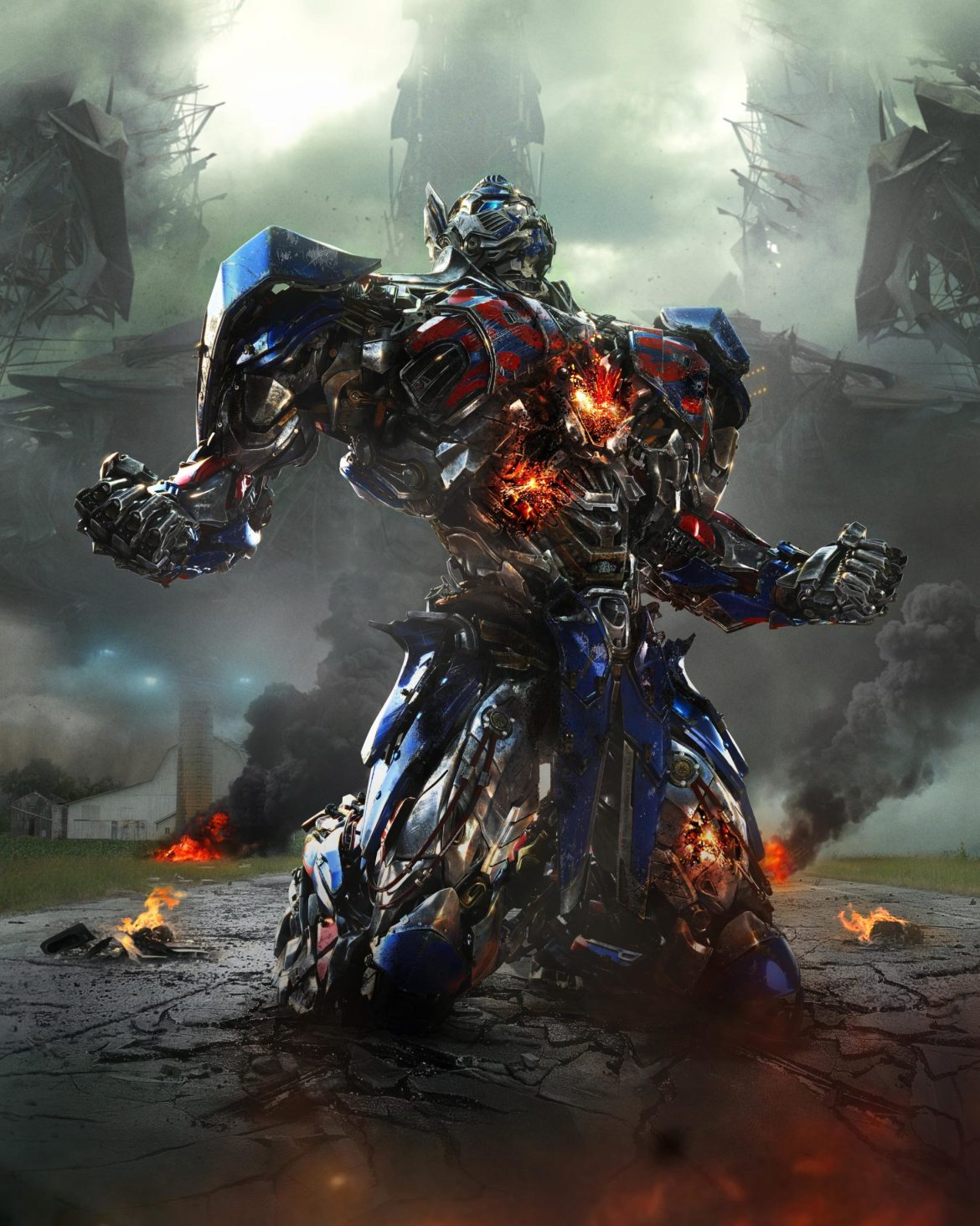TL;DR
Transformers: Age of Extinction promised more action and better effects, but delivers a visually noisy, overlong, and superficial experience. The plot involves a CIA hunt for remaining Autobots, Mark Wahlberg reactivating Optimus Prime, and a clumsy mix of humans, flawed characters, and caricatured robots. Despite stunning visuals and a Chinese setting, the film drags with a weak story and repetitive action, ultimately feeling uninspired. If you're looking for substance beyond explosions, this might not be it. Find out if there's more to discover in our full review.
After a surprising resurgence with Transformers: Dark of The Moon, following a less successful second installment, anticipation was high for the subsequent Transformers film. Would it deliver even more action, enhanced visual effects, or a more compelling narrative? Unfortunately, Transformers: Age of Extinction proves to be an excessively long, visually noisy, and ultimately superficial cinematic experience, suggesting an uneven pattern in the series.
Following the climactic battle in the third film, which pitted Autobots against Decepticons, Transformers have largely vanished from Earth. American authorities are now actively pursuing the remaining robots, indiscriminately labeled as Decepticons after the devastation in Chicago. A clandestine Black Ops unit within the CIA is collaborating with a ruthless Transformer named Lockdown to hunt down any surviving Autobots. Early in the film, the execution of Ratchet is depicted, providing one of the film’s few emotionally resonant moments. However, hope remains. Mechanic Cade Yeager (Mark Wahlberg), while acquiring an old truck (a foreshadowing element) for parts, inadvertently reactivates Optimus Prime. His daughter Tessa (Nicola Peltz) assumes the role of the attractive female lead, echoing previous installments. She is portrayed as being restricted from dating and unable to afford college, while simultaneously managing her immature father and being drawn to the rebellious race car driver, Shane (Jack Reynor). Upon learning of Prime’s re-emergence, the corrupt CIA head (Kelsey Grammer) mobilizes his forces against the Yeager family. Consequently, the humans must align with Prime and the remaining Autobots to evade threats from the CIA, a somewhat eccentric scientist (Stanley Tucci), and the aforementioned Lockdown, whose intentions involve capturing the Autobots for transport to an unknown location.
I have often defended Michael Bay’s directorial approach. Despite consistent criticism from peers and reviewers, I maintain that several of his films possess merit. Works such as The Rock, Armageddon, and The Island offer stylish, engaging, and entertaining action-adventures with discernible heart and intellectual elements, making them enjoyable viewing experiences. Bay’s storytelling exhibits a distinctive visual style. His action sequences are undeniably bombastic, grand in scale, and meticulously crafted, with attention to editing, technique, music, and sound design. The inherent risk, however, is that when these elements misalign, the exaggerated spectacle detracts from the narrative. In Transformers 4, the plot feels particularly weak, despite the challenges faced by screenwriter Ehren Kruger in developing yet another story based on the toy franchise. A key issue lies in the film’s excessive runtime. Transformers: Age of Extinction extends to a remarkable 2 hours and 45 minutes—just ten minutes shorter than The Godfather. Given the limited narrative substance, a reduction of at least 45 minutes would have been beneficial.
A notable aspect of Transformers: Age of Extinction is its extensive filming and setting in China. This provides an exotic and relatively uncommon backdrop for a Hollywood blockbuster. The film offers numerous scenes of Chinese locations and action sequences set in unidentified Chinese cities (seemingly Hong Kong). The film’s financing and target audience clearly include the burgeoning Asian market, reflected in the locations, local casting (such as Li Bing Bing), and the depiction of predominantly American antagonists and largely heroic Chinese characters (although the primary heroic efforts remain attributed to the American protagonists, led by Mark Wahlberg). The introduction of the Dinobots—prehistoric dinosaurs with transformative capabilities—adds a nostalgic element, likely appealing to contemporary viewers as it did to audiences of the 1980s animated series.
However, Transformers: Age of Extinction ultimately feels uninspired and lacks engagement. The film features nearly continuous explosions and combat from the opening scene, interspersed with car chases, bombastic music, and supporting roles intended to provide brief respite for the audience. The story feels generic and predictable, offering few surprises or genuine moments of levity, resulting in a sense of boredom and fatigue. Well before the credits rolled, the onslaught of visual and auditory stimuli became overwhelming. The film lacks compelling characters with substantial depth. While Mark Wahlberg excels in roles as a charming rogue with honorable intentions, as seen in The Departed, his portrayal of a wholesome, all-American father and inventor of robots who is supposed to be the father of Nicola Peltz feels unconvincing and miscast. Shia LaBeouf, despite potential difficulties, seemed a more suitable fit for this type of role.
Similarly, with the exception of Optimus Prime’s resonant voice, the Transformers themselves are largely irritating and underdeveloped. They are presented in a cartoonish manner, with caricatured ethnicities. A corpulent Transformer who smokes a robotic cigar and repeatedly shouts stereotypical threats is juxtaposed with an Asian robot (voiced in the style of Ken Watanabe), who adheres to samurai traditions and criticizes Americans as “crazy cowboys.” These caricatures detract from the already weak storyline, and their constant bickering suggests that Transformers is primarily aimed at a very young demographic.
Ultimately, this installment falls short. Despite the extravagant action sequences, visually stunning cinematography, and occasional moments of emotional depth, the overall experience is marred by excess and a lack of subtlety. While appreciating the inclusion of various elements, it is essential to discern and appreciate each individual component. Otherwise, an alternative choice might be preferable. Transformers: Age of Extinction has achieved significant financial success (largely due to its popularity in China), and a fifth film is already planned. It is hoped that the next installment will demonstrate a marked improvement. Otherwise, retiring the Transformers franchise might be a more prudent course.
